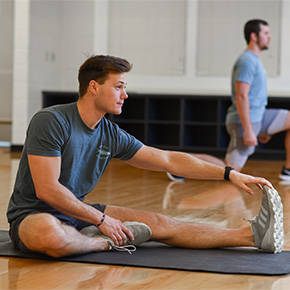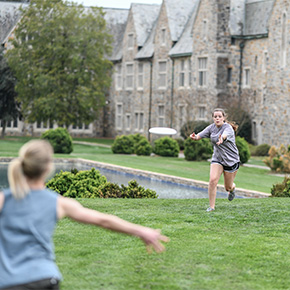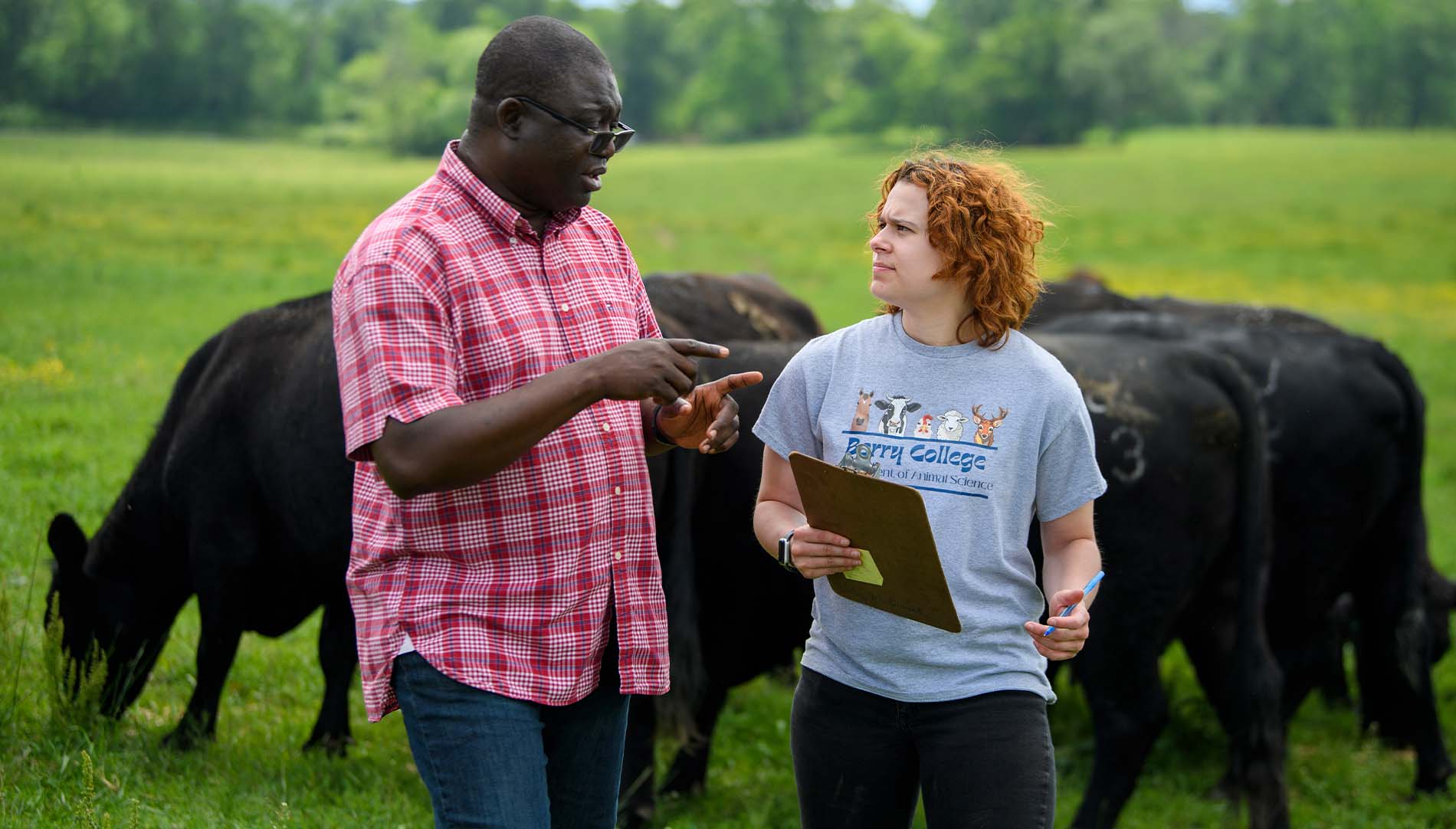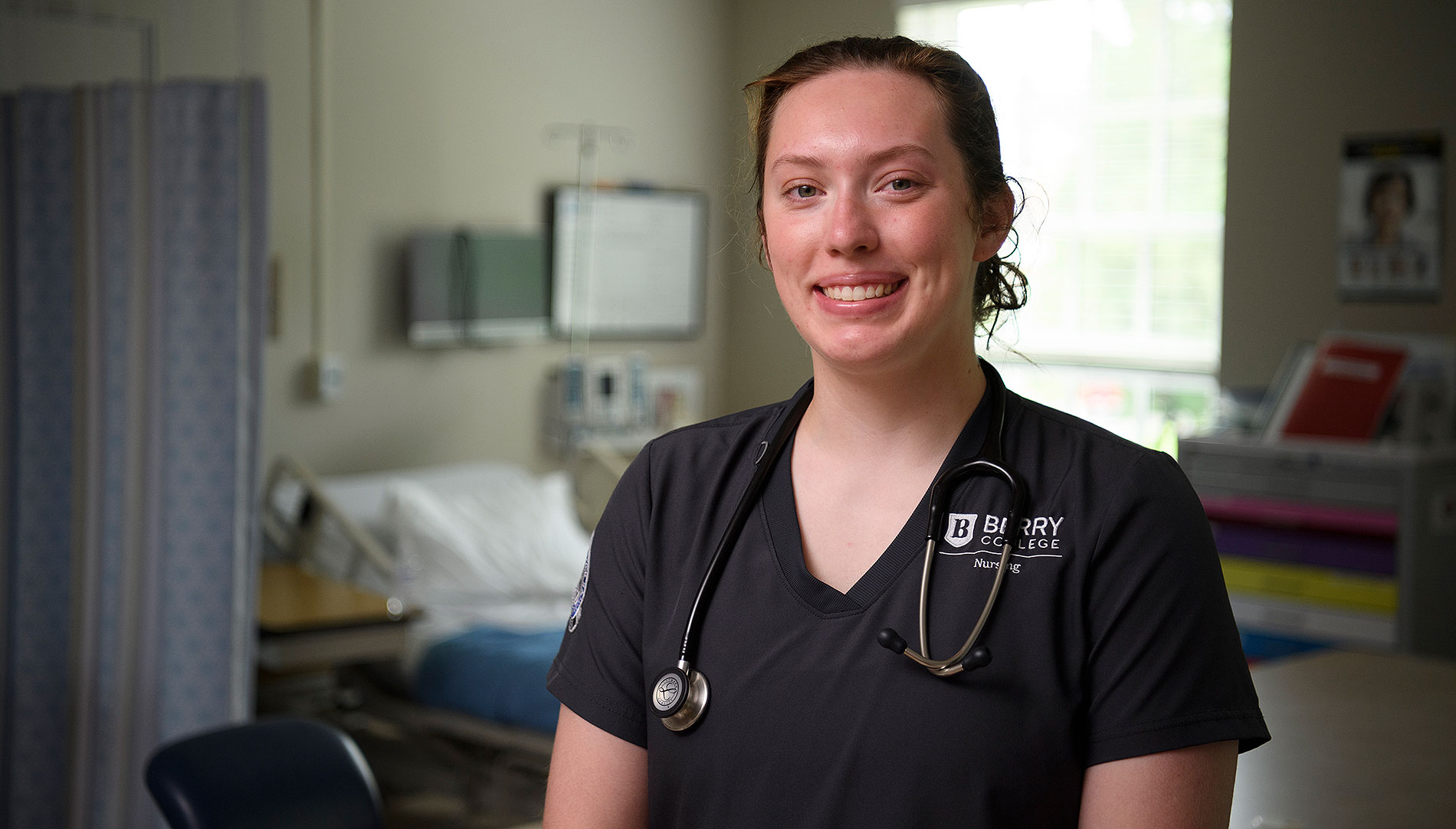6. Do not ignore poor physical or mental health
Don’t wait until you’re feeling run down to visit your school’s health center. These centers typically offer everything from basic medical care to mental health support. And because you were required to submit medical information to register for college, your insurance status and medical history are likely already on file. Here you won’t have to fight for an appointment with the general population. Instead, begin building a relationship with on-campus support as soon as you get to school.
Also, remember your mental health is just as important as your physical health, and colleges understand the pressures students face. Most schools provide free or low-cost counseling services for students with stress, anxiety or other challenges. For more information on building your mental strength and wellness, check out our article on mental resilience.
7. Find a routine that works for you
In the end, there’s no one-size-fits-all approach to health. Maybe you’re a morning runner or perhaps you prefer a late-night yoga session. The key is finding a rhythm that fits your life and sticking with it. Start small, experiment with what feels good and build habits that help you feel your best. As you get started, give yourself grace. It’s likely your health habits have been revolving around 7:30 a.m. to 3:30 p.m. school schedule or a sports team with routine workouts. All the individual free time of college can feel overwhelming, and it may take time to find the right rhythm.
Adulting 101
Most college students realize the choices they make about majors and career will determine their future years. However, few students consider how the habits they form around nutrition, exercise, and sleep also impact their future selves. Beyond immediately influencing grades and college success, the health habits students form in college often set a pattern for their adult lives.
In an interview about his research on how college education impacts future habits and longevity, Peter Savelyev says, “It is well known that many essential life determinants emerge early in life. Later in life, things are harder to change.”
Ultimately, your habits could change later, but young adulthood is a crucial moment when you have the freedom to shape what life will look like without the input of guardians or parents. In other words, this is your moment to shine! But this moment also comes with new living situations, new eating arrangements and lots of social opportunities that can lead to poor sleep, nutrition and exercise habits.
Beginning with an awareness of this challenge is the first step to taking advantage of all the health resources available to college students. Staying healthy in college doesn’t have to be complicated. By exploring your school’s resources and making small adjustments to your routine, you can thrive physically, mentally and socially. Whether you’re at Berry College or anywhere else, these opportunities are within reach. Make your well-being a priority!







